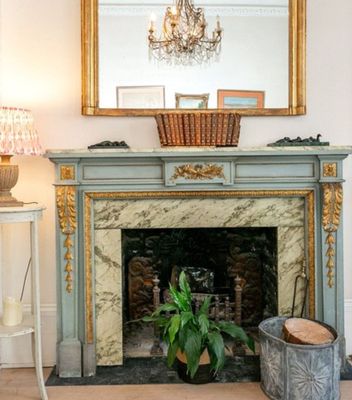In recent years, the concept of Airbnb has revolutionized the travel and accommodation industry, offering an alternative to traditional hotels and providing property owners with an opportunity to generate income. However, for many Londoners, listing their properties on Airbnb has become a complex and often frustrating process. So, what’s stopping Londoners from diving into the short-term rental market?
The 90-Day Rule
One of the most significant hurdles for would-be Airbnb hosts in London is the "90-day rule." This regulation, enforced by local councils, stipulates that a property in Greater London cannot be rented out on a short-term basis for more than 90 days in a calendar year without planning permission. The rule aims to strike a balance between supporting the sharing economy and maintaining long-term housing availability. However, for those looking to maximize their rental income, this can be a major limitation.
Planning Permissions and Licenses
To rent out a property beyond the 90-day limit, owners must apply for planning permission from their local council. This process can be lengthy, costly, and often results in refusal, especially in areas where housing demand is high. Additionally, some boroughs require specific licenses for short-term rentals, adding another layer of bureaucracy and expense.
Impact on Housing Market
The surge in popularity of Airbnb and other short-term rental platforms has raised concerns about their impact on the housing market. Critics argue that the proliferation of short-term lets reduces the availability of long-term rental properties, driving up prices and contributing to the housing crisis. Consequently, local authorities have tightened regulations to protect the housing stock, making it more challenging for prospective hosts.
Neighbourhood Nuisances
Another issue is the potential disturbance to neighbours. Short-term rentals can lead to increased noise, litter, and security concerns, as a revolving door of guests moves in and out. Many residents have voiced their frustration, prompting stricter enforcement of existing regulations and the introduction of new measures to curb the impact on communities.
Tax Implications
Renting out a property on Airbnb also has tax implications that potential hosts must consider. The income generated is subject to income tax, and if the property is used for business purposes, it may affect capital gains tax when the property is sold. Additionally, hosts must ensure they comply with health and safety regulations, such as fire safety standards, which can involve further costs and administrative work.
Navigating the Legal Landscape
For those determined to overcome these obstacles, navigating the legal landscape requires diligence and perseverance. Prospective hosts should start by thoroughly researching local council regulations and seeking planning permission if needed. Consulting with a legal expert or a property management company can also provide valuable guidance and help avoid potential pitfalls.
Conclusion
While Airbnb offers an enticing opportunity for property owners to earn extra income, the regulatory landscape in London presents significant challenges. The 90-day rule, planning permissions, and the impact on the housing market are just a few of the hurdles that must be navigated. For those willing to put in the effort, it is possible to succeed in the short-term rental market, but it's essential to stay informed and compliant with local regulations to avoid potential legal and financial repercussions.
Discover how our tailored lettings service helps landlords across Kensington and Chelsea achieve the best results with expert support at every stage.








































































